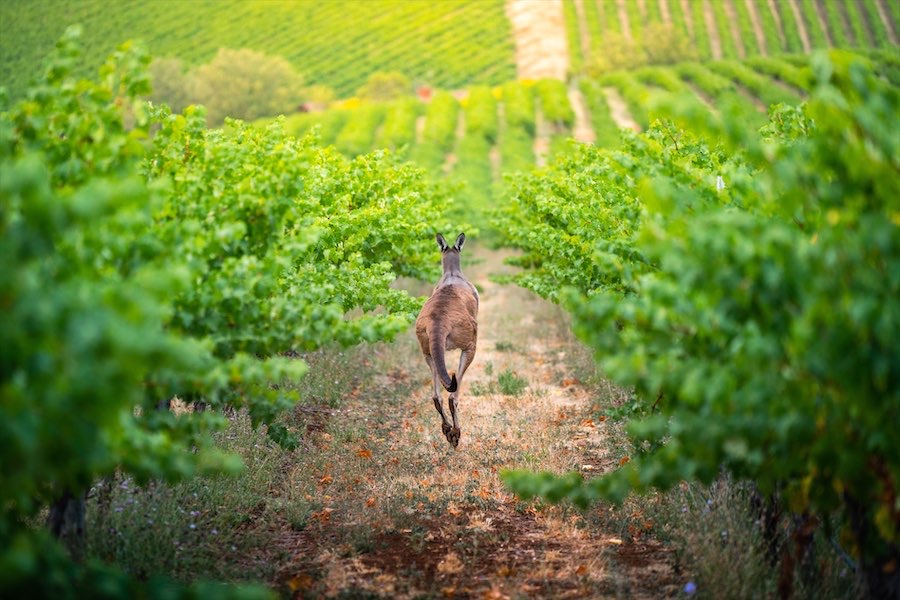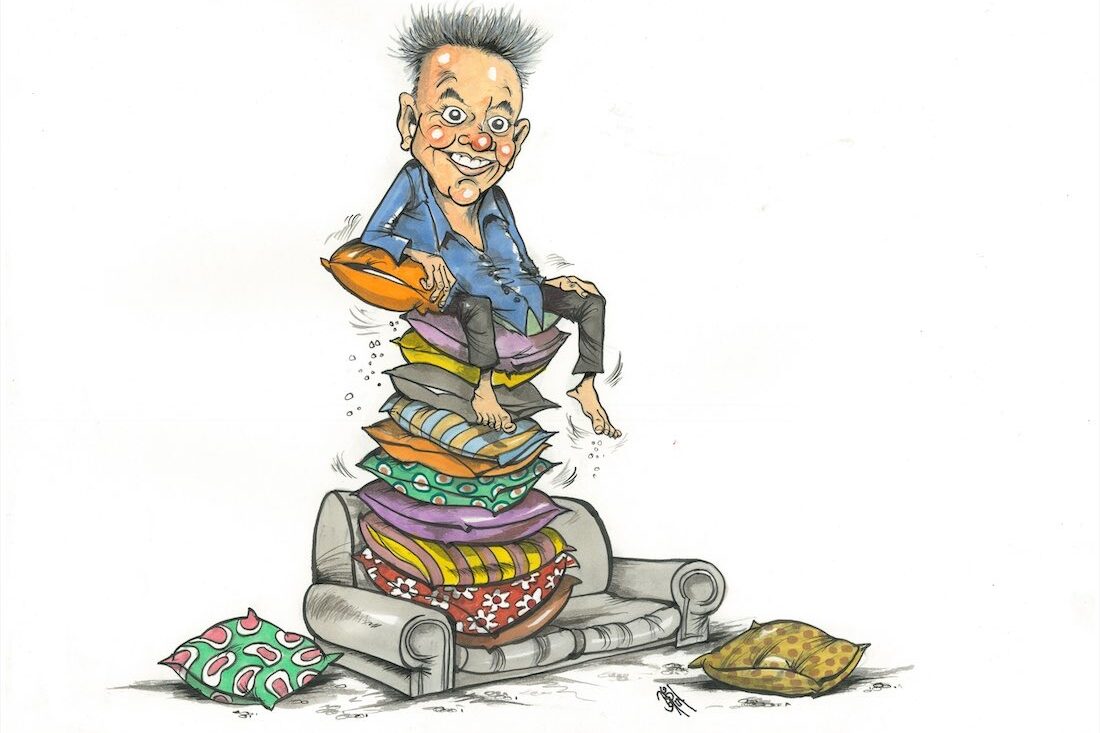
The federal government has finally stepped up to help the struggling wine industry dealing with hangover from an oversupply of red wine and the related increasing economic disadvantage in regional Australia. But the largesse doesn’t run to much of the Canberra Wine District, writes wine columnist RICHARD CALVER.
I reported some time ago that, despite the wine industry’s pleas, the federal government provided zero budget assistance to help growers tackle the economic damage caused by the current oversupply of red wine and the related increasing economic disadvantage in regional Australia.

But wind forward to June 12 and the Albanese government announced a $3.5 million Grape and Wine Sector Long-term Viability Support Package.
The two ministers who made the announcement, Agriculture Minister Murray Watt and Trade Minister Don Farrell, said the money was to support the long-term viability of the grape and wine industry and to respond to the oversupply of red wine.
The package will fund a range of activities that aim to build demand and new markets for wine both domestically and internationally, provide better data for growers to make decisions and diversify into alternative products.
In addition, the federal government announced that it will assist wine producers grow domestic sales and promote agritourism by supporting the Wine Tourism and Cellar Door Grant Program for another year. This program is aimed at allowing wine and cider businesses to share $10 million in funding to help attract visitors to Australian wine regions and promote agri-tourism.
Under the program, wine producers can apply for grants of up to $100,000 on eligible cellar door sales made during the previous financial year. These announcements come on top of $2 million for affected Australian agricultural exporters to re-establish commercial connections in China and to continue to diversify into other markets.
The government’s actions appear to be based on input from a working group established to guide policy in the sector, feedback received during the Viticulture and Wine Sector Working Group’s consultations.
The initial group’s related finding is that the number of grapevines, large 2021 vintage, global market trends and loss of the China market have all contributed to the current oversupply and lower prices through the supply chain. The group will provide a final report to government in July.
Much of the government’s messaging was about the re-opening of the Chinese market following the lifting of punitive tariffs in late March this year.
Minister Farrell said more than 350 Australian wine producers and businesses have re-established exports to mainland China since duties were removed.
He said that in one month since the lifting of the tariffs, Australia exported more than $86 million of wine to China. This is a good start to an uphill battle. In 2019, Australia sold just over $1.2 billion of wine to China, to capture a market share close to 40 per cent. But in 2023 this had fallen to under $1 million.
I asked Fergus McGhie, president of the Canberra District Wine Industry Association, what the local view was of these announcements. His reaction was that they were not relevant to the local industry: “It’s great to see the Cellar Door Grant extended, clearly the federal government is listening to the concerns of the industry.
“However, the majority of Canberra District wineries just aren’t big enough to get the grant and it means nothing to us at all. There’s a sales and production volume threshold that only a handful of our Canberra District wineries are able to meet.
“The funding to re-establish trade with China is also welcomed by the industry but here again, there will be little benefit to the local Canberra District wineries as most of us are too small to be able to export our wines.”
“Three groups spend other people’s money: children, thieves, politicians. All three need supervision.” –Dick Armey, US politician.
Who can be trusted?
In a world of spin and confusion, there’s never been a more important time to support independent journalism in Canberra.
If you trust our work online and want to enforce the power of independent voices, I invite you to make a small contribution.
Every dollar of support is invested back into our journalism to help keep citynews.com.au strong and free.
Thank you,
Ian Meikle, editor




Leave a Reply